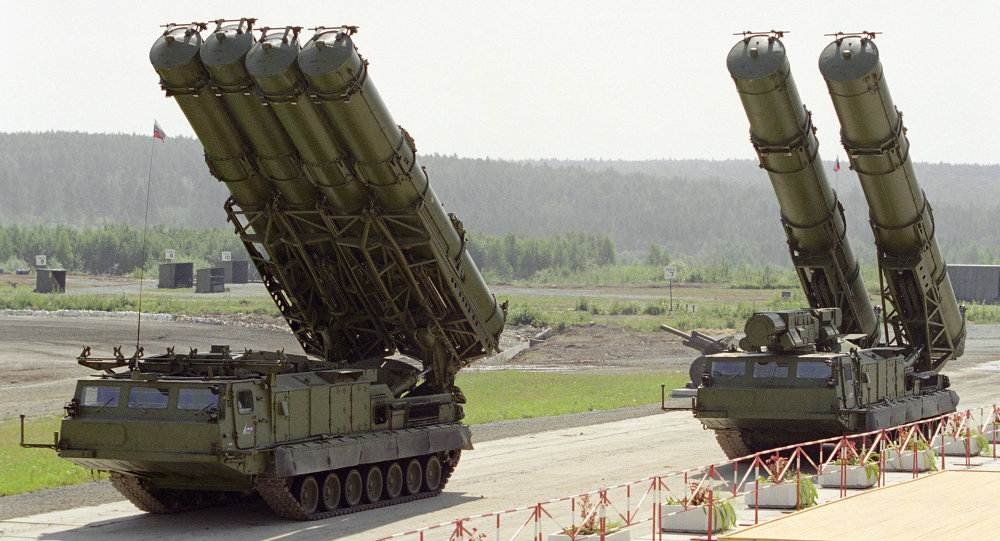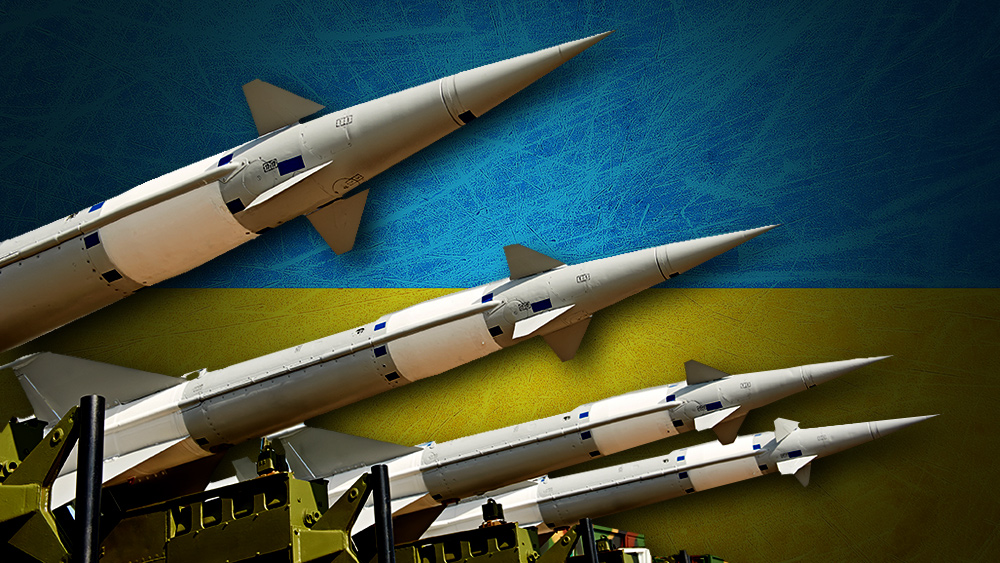
Ukrainian President Volodymyr Zelensky has fervently urged the West to provide air defense systems to his country, saying that Kyiv needs a "full protective shield" against the "Russian missile terror."
"Ukraine needs a full-fledged sky shield," he posted on Twitter. "This is the only way to defeat Russian missile terror. We have already shown that we can shoot down even the Russian missiles that the terrorists boasted about."
"Thanks to the help of our partners and the air defense systems provided to Ukraine, our defenders of the sky have saved thousands of lives. But we need more air defense systems for our entire territory, for all our cities and [all our] communities."
Zelensky concluded: "The world must not get used to Russian terror. Terror must be defeated, and it is possible."
The Ukrainian leader's tweet followed July 23 missile attacks that hit the historic port city of Odessa. Prior to this, Russian missiles had also hit grain storage facilities in Ukraine. Moreover, Moscow's attacks come at a time when Kyiv's counter-offensive appears to be slowing down against entrenched Russian ground forces – the latter having air support. (Related: Wheat prices spike as Ukraine, Russia vie for control of Black Sea ports.)
Big League Politics' Jose Nino put in his two cents on Zelensky's demands for aid.
"In a sane political climate, the U.S. would not be doling out military aid to countries such as Ukraine," he wrote. "Instead, it would be using those funds to properly bolster its security at the southern border – the real area that is of the utmost strategic importance for the United States."
"Zelensky is clearly on the U.S. taxpayer's dole. What's taking place in Ukraine is of little strategic importance to the United States. It's actually the product of the West's arrogant expansionist agenda – through the expansion of NATO [the North Atlantic Treaty Organization] – on Russia's doorstep."
US earlier sent banned CLUSTER BOMBS to Ukraine
The Ukrainian leader's demands for air defense systems incidentally came weeks after Washington sent cluster bombs to the beleaguered nation. The controversial weapons were banned by 123 countries through the 2010 Convention on Cluster Munitions (CCM). Washington, Moscow and Kyiv weren't signatories to the CCM, however.
U.S. President Joe Biden defended the "very difficult decision" to give Ukraine cluster bombs. He admitted that it had taken him "a while to be convinced to do it," but eventually gave the go-signal as "the Ukrainians are running out of ammunition."
The U.S. Department of Defense (DoD) confirmed on July 13 that the cluster bombs from Washington had arrived in Ukraine. Cluster munitions open in mid-air after being fired and release scores of smaller bomblets that subsequently explode. Unexploded bomblets, however, pose a threat to civilians long after conflicts have ended.
According to DoD officials, the cluster bombs sent to Ukraine have a reduced "dud rate" – meaning fewer of the smaller bomblets will fail to explode. While the U.S. government is set to provide thousands of these controversial cluster bombs, it has provided no specific numbers. Zelensky meanwhile thanked Biden for the "timely" military aid, adding that the munitions would help Ukraine in its fight against Russia.
The Guardian later reported that the U.S.-provided cluster bombs have been deployed on the Ukrainian battlefield. According to a senior White House official, the munitions are making waves in the counteroffensive against Russian forces. Kyiv has pledged to only use cluster bombs to dislodge concentrations of Russian soldiers.
"We have gotten some initial feedback from the Ukrainians, and they're using them quite effectively, said White House National Security Spokesman John Kirby on July 20. He added that the cluster munitions are having an impact on Russian defensive formations and maneuvering.
Visit WeaponsTechnology.news for more stories about military aid demanded by and sent to Ukraine.
Watch this Russia Today report about an S-300 air defense system being destroyed just days after Slovakia donated it to Ukraine.
This video is from The Prisoner channel on Brighteon.com.
More related stories:
Pentagon wants to send F-16 fighter planes to Ukraine as Russia rattles nuclear saber.
Ukraine is running out of air defense missiles amid Russian aerial bombing campaign.
Sources include:
Please contact us for more information.

















